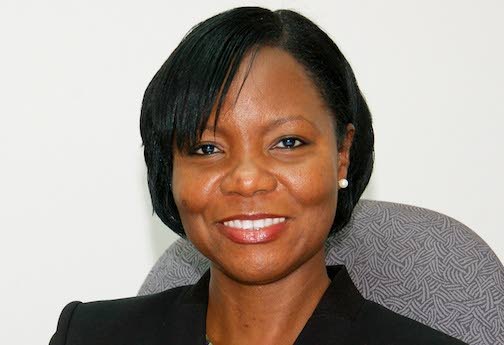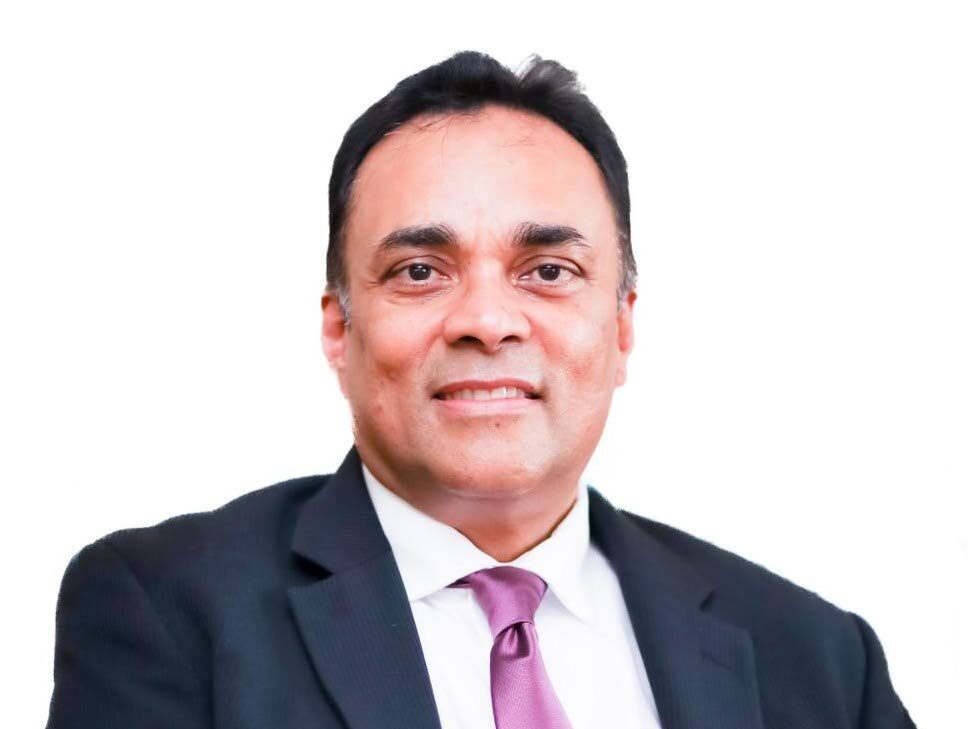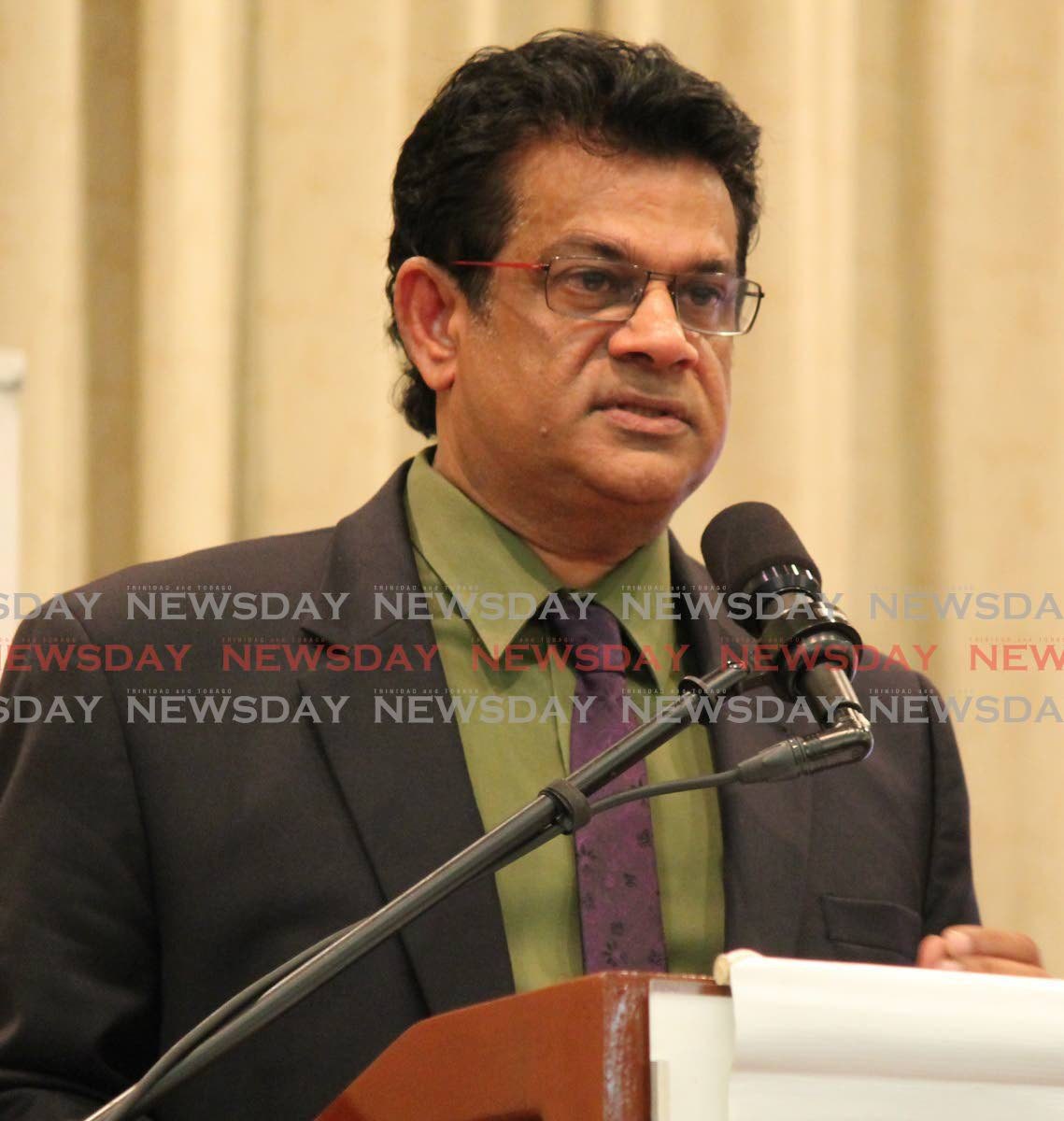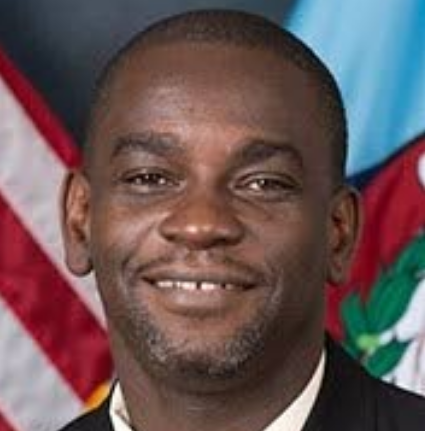In a significant judicial ruling, High Court Justice Joan Charles has unequivocally dismissed the constitutional challenge brought by former Defence Force soldier Jenna Jackson, affirming the legality of her 2014 discharge under the grounds of ‘completion of engagement.’ The court determined that military authorities acted within their statutory powers under the Defence Act, delivering a judgment that reinforces the discretionary nature of military re-engagement protocols.
The case centered on Jackson’s assertion that her termination was premature, irrational, and violated constitutional protections under Section 4(b) regarding protection of the law. Represented by attorney Ronald Simon, she sought reinstatement, compensation for lost earnings, and damages claiming unfair treatment and denial of natural justice.
Justice Charles’s comprehensive analysis revealed Jackson’s extensive medical history—including polycystic ovaries, back injuries, and postpartum complications—that resulted in prolonged sick leave and permanent restrictions preventing her from performing essential military duties. The court documented how these limitations affected her capacity for physical training, prolonged standing, and night operations.
In her rationale, Justice Charles emphasized that military organizations retain ultimate authority in managing operational effectiveness and fitness standards. ‘Re-engagement is discretionary, not automatic,’ the judgment stated, noting that Jackson had ‘no legitimate expectation’ of continued service beyond her initial term.
While acknowledging the Defence Force’s failure to provide a discharge certificate initially, the court found sufficient alternative remedies existed through the Defence Council petition process and judicial review mechanisms. The ruling establishes important precedent regarding the balance between military discretion and constitutional rights, with Justice Charles explicitly stating courts should not substitute their judgment for military operational decisions.
Although the option of medical discharge existed, the court found the ‘completion of engagement’ rationale legally sound. In a concluding decision on costs, Justice Charles ordered each party to bear their own legal expenses.









